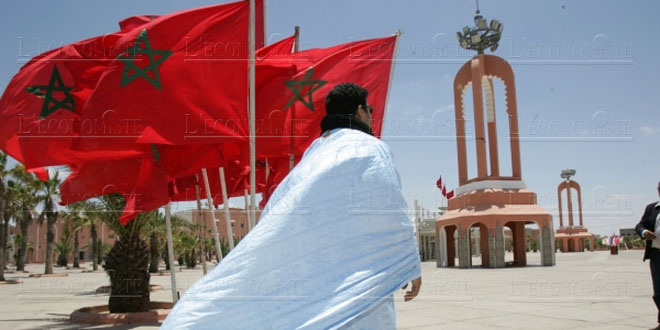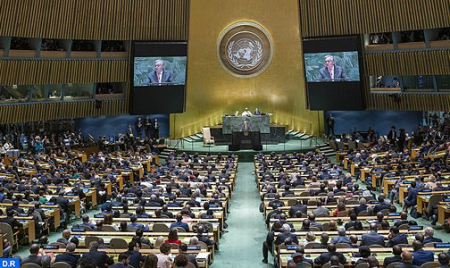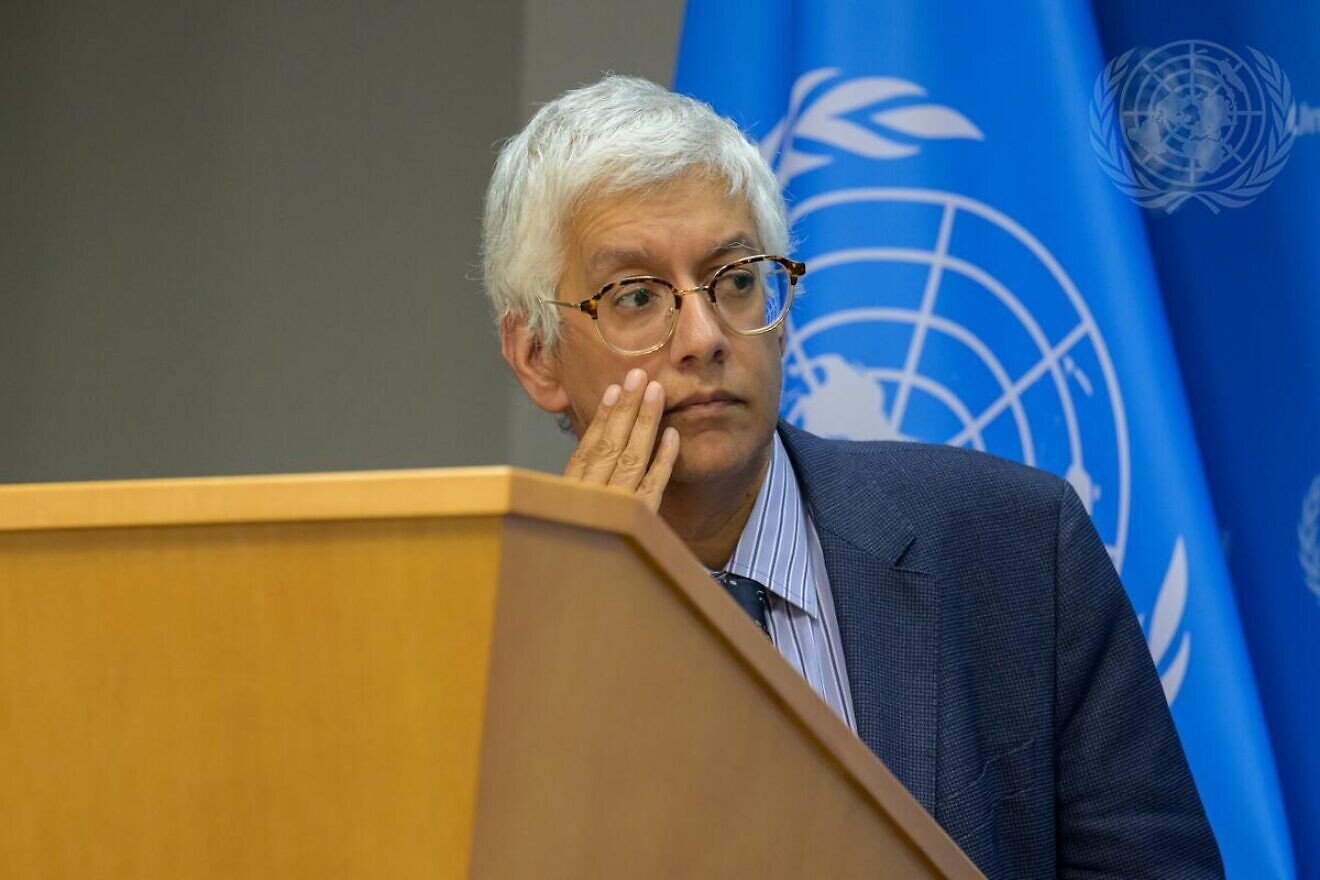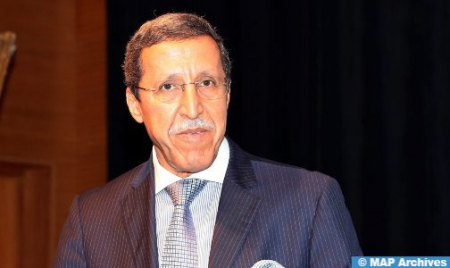The United States and France are Morocco’s strong allies, partners and longstanding friends. These two permanent members of UN Security Council are reportedly planning to open consulates in the Moroccan Sahara in the few coming weeks.
The move is seen as a decisive step towards ending the Sahara conflict which is threatening regional peace and stability. It is a culmination of the growing international support for Morocco’s sovereignty over its Sahara and the dynamic spearheaded by King Mohammed VI, a dynamic that reshapes regional landscape with transformative initiatives turning challenges into opportunities.
According to geopolitical Institute Horizons, Washington is expected to open a physical Consulate in the Saharan city of Dakhla in early November after having launched a U.S. Virtual Presence Post (VPP) in the city following the American recognition of the Moroccanness of the Sahara in December 2020.
Experts say the opening of a U.S. Consulate in Dakhla will strengthen Morocco-U.S. strategic partnership and enhance Morocco’s geostrategic position as a hub for trade in Africa, Europe, and the Middle East. The American consulate will also support and encourage investment and development projects that bring tangible benefits for the region.
The transition from VPP to a physical diplomatic representation comes after three years of technical and security preparations. The timing of the move of the United States, penholder of the UN Security Council resolutions on the Sahara, has been carefully planned. It will come few days after Emmanuel Macron’s state visit to Morocco and the expected announcement of the opening of a French consulate and a French Institute (cultural center) in Laâyoune.
According to Horizons think-tank, France is set to become the first European country to install a diplomatic representation in the Moroccan Saharan provinces. This historic move comes three months after Paris recognized Morocco’s sovereignty over its Saharan territory.
The French diplomatic and cultural presence in Laayoune builds on a branch of French-Moroccan Chamber of Commerce and Industry that was already operating in the region. The new representations will support growing French investment in the southern provinces of the Kingdom, particularly in renewable energies.
Over thirty countries, mostly from Africa and the Arab world have opened consulates in Laayoune or Dakhla, confirming their recognition of Morocco’s full sovereignty over its entire Saharan territory. The opening of a French consulate in Laayoune will certainly encourage other European Union countries to follow suit.
Furthermore, France and the United States are members of the Group of Friends of the Sahara which includes also Russia, Spain and the UK. The visit of Macron to Morocco (Oct.28-30) takes place as UN Security Council braces for adopting a new resolution on Sahara and extending for another year the MINURSO mandate to expire on Oct.31.
The French president’s trip sends a strong message to Algeria and Polisario over the upcoming next UN Security Council resolution as Paris, Washington and Madrid recognize openly Morocco’s sovereignty over its Sahara, while London, Moscow and Beijing acknowledge it implicitly.
There is a growing consensus among the five permanent members of UN Security Council (P5) on supporting Morocco’s territorial integrity and the autonomy plan offered for the Sahara under its sovereignty.
However, the Algerian regime, which funds, arms, and hosts the Polisario armed militias, continues to refuse to participate in the UN-led process and roundtable talks to reach a peaceful and lasting solution to the Sahara regional conflict.
With their reckless stand and refusal to accept the decisions of the international community, the Algerian rulers are on collision course with P5 over the Sahara.
The Algerian intransigence and ties with separatist groups threatening regional peace and stability could push the Security Council members to close the Sahara dossier and remove it from the UN agenda, giving their full support to Morocco’s autonomy plan, Atlantic initiative for the Sahel, Morocco-Nigeria gas pipeline project, and tripartite partnership as Morocco has become a gateway to regional markets.



